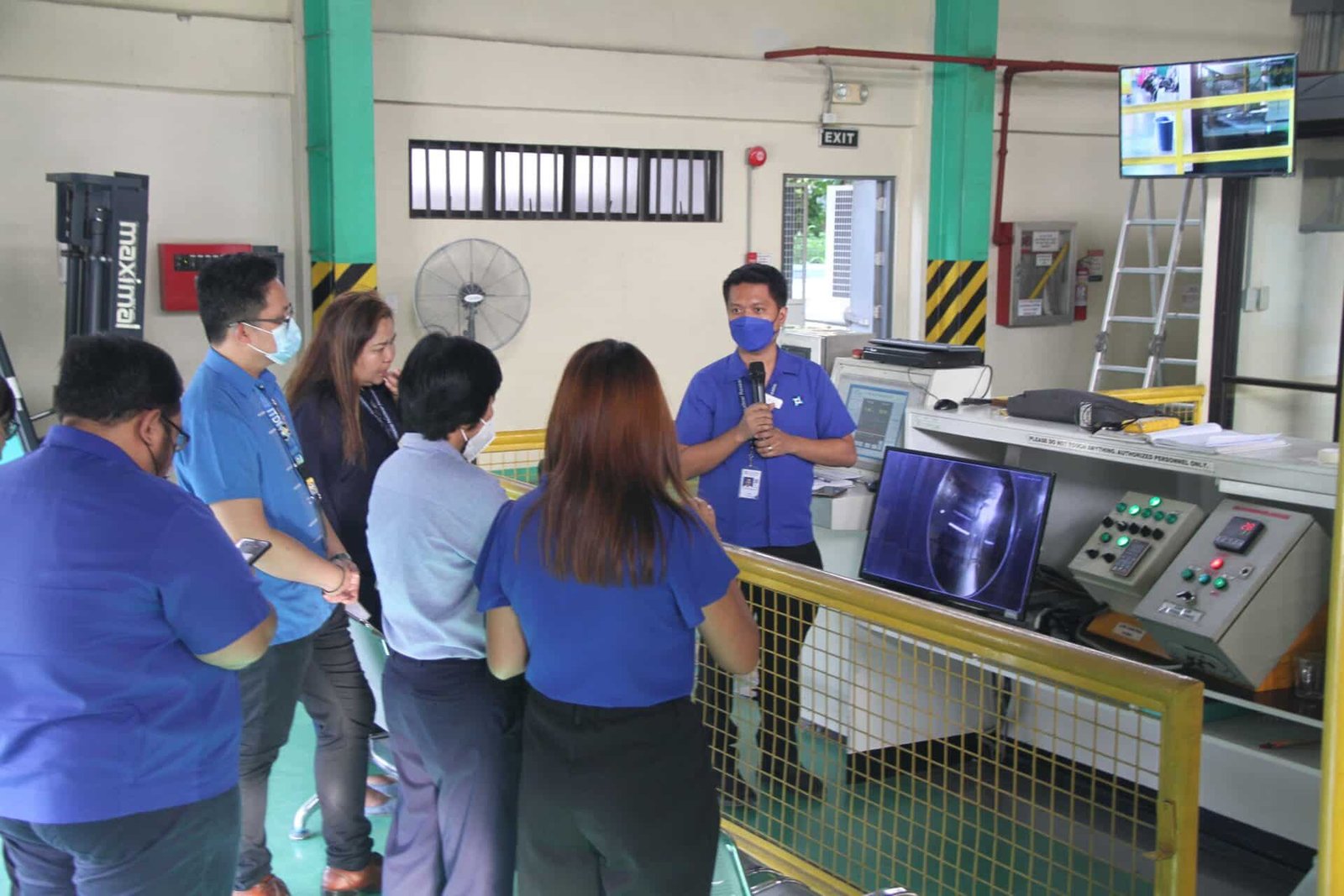Nuclear and radiation technologies offer distinctive opportunities for effectively managing plastic and polymer waste on the international level. In a research made by one of the scientists from the Department of Science and Technology-Philippine Nuclear Research Institute (DOST-PNRI), it is stated that these technologies can contribute to the closure of the technological divide in waste management.
Transforming Plastic Waste
Dr. Jordan F. Madrid, a supervising science research specialist at DOST-PNRI, said that through radiation technologies, plastic wastes could be transformed into other useful products such as additives for construction materials and fuels. Plastics can be recycled through radiation-induced reactions to convert them into a smaller molecule or biodegradable biopolymers, which are more environmentally friendly than petroleum-based plastics.
Post-Radiation Reactive Extrusion of Plastic Waste (PREx Plastic)
The International Atomic Energy Agency (IAEA) has initiated NUTEC Plastic, a project aimed at tackling plastic pollution. The Philippines, represented by DOST-PNRI, participates in this initiative through the “Post-Radiation Reactive Extrusion of Plastic Waste (PREx Plastic)” project. This project utilizes electron beam irradiation to improve the mechanical properties of products made from recycled plastics, providing environmentally friendly production and recycling methods that minimize hazardous chemicals and solvents and conserve energy.
According to Dr. Madrid, these technologies are safe for the environment and do not have any associated dangers. The technology employed in the PREx Plastic initiative especially the Electron beam (EB) technology does not use radioactive materials hence no risks of radioactive contamination. However, since EB technology utilizes electricity it may be seen to be part of the problem in as much as it is associated with energy production, especially in areas that rely heavily on non-renewable sources of energy. Thus, the need to pursue more research on other sources of energy that can be used to meet the energy demands of the world.
Integration and Feasibility
Preliminary findings indicate that radiation technology is suited to be integrated with current plastic recycling facilities. Plant owners can incorporate these technologies or use irradiation facilities such as those available at DOST-PNRI for the aforementioned target uses. This integration entails the procurement of permits and licenses from the appropriate regulatory authorities, as well as assurance of conformity to safety standards and radiation protection standards.
Technologies dealing with nuclear and radiation in the case of plastic pollution should conform to waste management as well as sustainable development strategies in different levels. This alignment also involves integration of these technologies in the management of waste, recycling and circular economy to enhance the impact on the environment.
Public Engagement and Education
Dr. Madrid emphasizes the importance of public engagement and education in fostering acceptance of nuclear and radiation technologies for plastic pollution management. Educational campaigns should highlight the benefits, safety measures, and regulatory safeguards associated with these technologies, promoting transparent communication and open dialogue to build public trust.
Public engagement efforts can also encourage collaboration among government agencies, academic institutions, industry stakeholders, environmental organizations, and community groups to develop comprehensive approaches to plastic pollution management.
Conclusion
Radiation technology provides an effective way of dealing with the menace of plastic waste as it can be used to alter or recycle the plastic waste for other useful purposes or to dispose it safely. Therefore, the adoption of this technology as well as others that fall under the same category and projects can help create a cleaner and healthier future. Consequently, Dr. Madrid encourages us to consider the possibility of using radiation technology to strive for the future of communities and the planet.
Source: DOST Research Addresses Plastic Waste Management Through Nuclear Solutions

